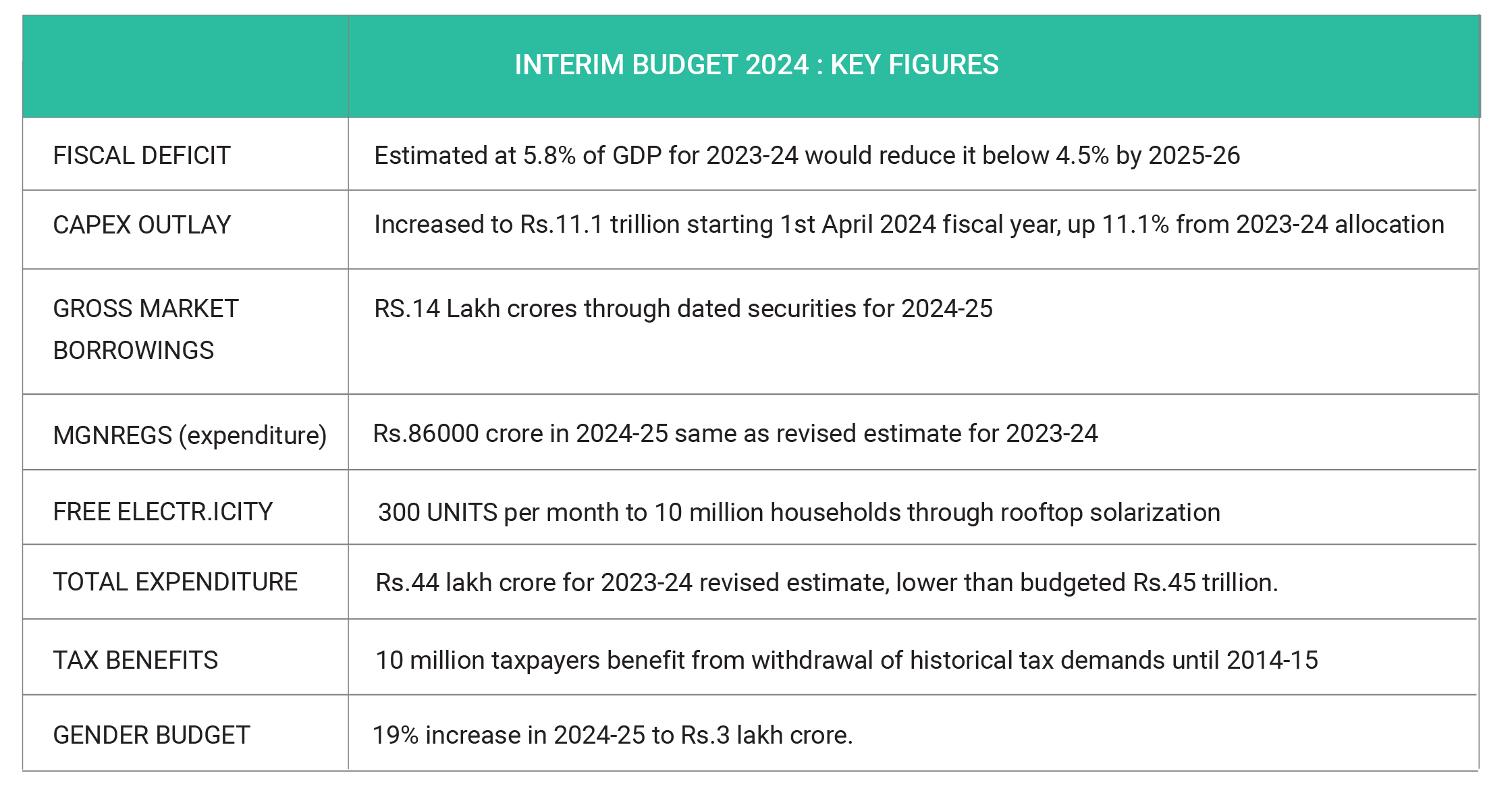On 31st January, the Reserve Bank of India (RBI) has
taken decisive action against Paytm Payments Bank,
barring the fintech giant from offering a range of banking
services. This includes accepting deposits and
processing payments, marking a significant setback for
one of India's prominent financial entities.
The roots of Paytm Payments Bank's woes can be traced
back two years when the RBI first raised concerns about
the interactions between Paytm's payments app and its
banking arm. Despite a lengthy timeline, the issues
remained unaddressed, leading to the recent regulatory
intervention.
June 18 : Regulatory Hurdles
Paytm Payments Bank faced its first regulatory obstacle
in June 2018, just a year after securing a banking license.
The RBI temporarily halted the opening of new accounts
due to violations of licensing conditions, including
breaches of day-end balances and non-compliance with
KYC guidelines. Although the ban was lifted by
December 2018, it set the stage for a series of
challenges.
October 2021: False Information and Monetary
Penalties
In October 2021, the RBI discovered that Paytm
Payments Bank had submitted false information,
resulting in a fine of ₹1 crore. This incident highlighted
the importance of accurate reporting in the financial
sector, emphasizing the need for transparency and
adherence to regulatory standards.
March 2022: Supervisory Restrictions
March 2022 saw the imposition of supervisory
restrictions by the RBI, citing lapses in technology,
cybersecurity, and KYC anti-money laundering
compliance. The directive included the immediate
cessation of onboarding new customers and the
appointment of an external IT audit firm to conduct a
comprehensive system audit.
October 2023: Continued Non-Compliance
March 2022 saw the imposition of supervisory
restrictions by the RBI, citing lapses in technology,
cybersecurity, and KYC anti-money laundering
compliance. The directive included the immediate
cessation of onboarding new customers and the
appointment of an external IT audit firm to conduct a
comprehensive system audit.
October 2023: Continued Non-Compliance
Despite these regulatory actions, Paytm Payments Bank
allegedly failed to take adequate corrective measures. By
October 2023, the RBI imposed a hefty monetary penalty
of ₹5.39 crore for persistent non-compliance with KYC
norms, citing various failures, including lapses in
video-based customer identification processes.
Current Status and Impact on Users:
As of January 2024, the RBI has directed Paytm
Payments Bank to halt new credit and deposit operations
after February 29 due to ongoing non-compliance and
supervisory concerns. Paytm users can continue to
accept or receive funds until this date, after which only
withdrawals or fund transfers from the wallet or bank
account will be allowed until the balance is exhausted.
For Paytm users, the implications include a restriction on
fresh deposits, top-ups, and certain banking services
from March 1, affecting fund transfers through AEPS,
IMPS, and UPI. Merchants using QR codes linked to
Paytm will need to migrate to new bank partners.
Business Impact and Future Outlook:
The repercussions for Paytm extend beyond immediate
financial penalties. The company's shares plummeted
following the RBI's actions, with a potential worst-case
impact of ₹3-5 billion on its annual EBITDA. The primary
focus for Paytm now lies in restoring regulatory
compliance, mitigating reputational concerns, and
ensuring a smoother path to resolution.
The Paytm Payments Bank saga serves as a cautionary
tale about the importance of regulatory adherence in the
financial sector.


